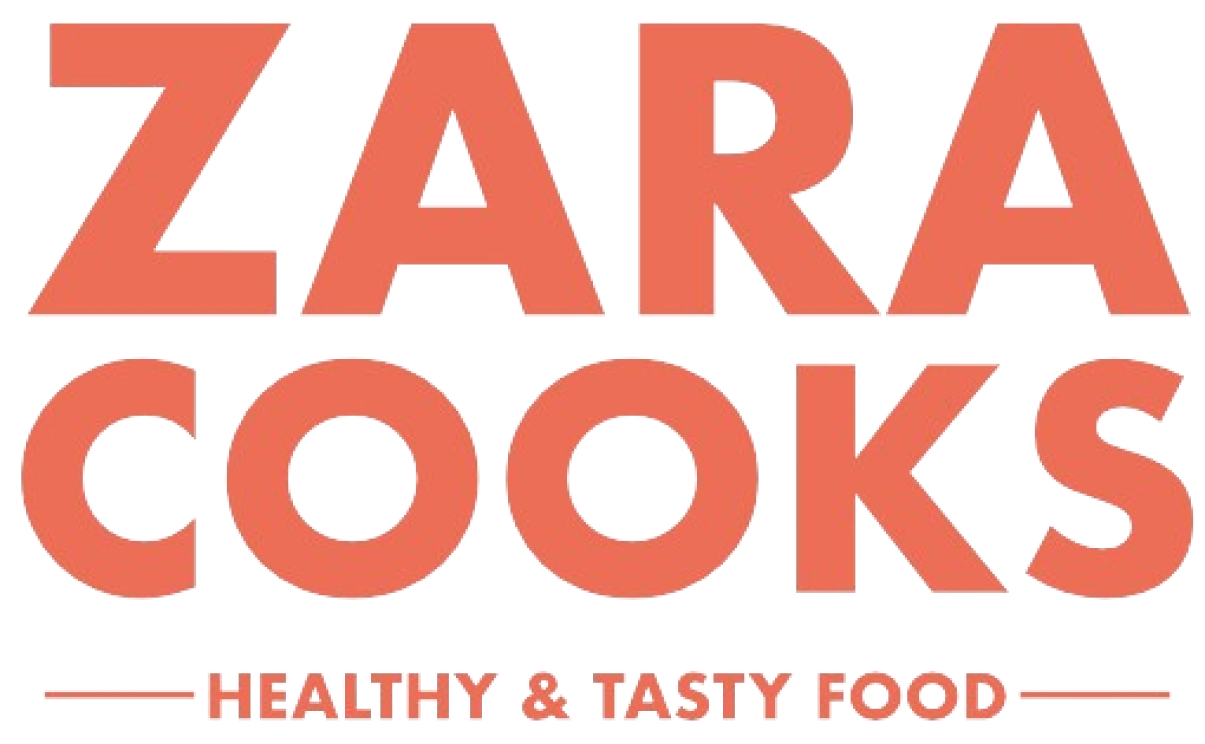Introduction:
Getting enough zinc isn’t just about what you eat—it’s also about how your body absorbs it. Zinc absorption can be influenced by the foods you eat alongside it, your overall gut health, and even your mineral balance. In this article, we’ll explore the key factors that affect zinc absorption, including nutrients that help or hinder, and practical tips to make the most of the zinc in your meals.
How Zinc Is Absorbed
Zinc is mainly absorbed in the small intestine, where it enters cells with the help of specialized transporters. But absorption rates can vary widely—from 20% to 60%—depending on your diet and individual needs. Unlike some nutrients, your body doesn’t store zinc for future use, so daily intake and efficient absorption are essential.

Nutrients and Factors That Help Zinc Absorption:
| Enhancer | How It Helps |
| Animal proteins (meat, eggs, dairy) | Improve zinc bioavailability and support absorption |
| Citric acid | Found in citrus fruits and some vegetables, helps keep zinc soluble |
| Good gut health | Healthy intestines absorb minerals more effectively |
| Moderate zinc intake | Taking zinc with meals in moderate doses (8–15 mg) is ideal |
| Vitamin B6 | Supports zinc metabolism and cellular use |
Nutrients and Foods That Inhibit Zinc Absorption:
| Blocker | Effect on Zinc |
| Phytates (phytic acid) | Bind to zinc and reduce absorption—common in whole grains, legumes |
| Calcium (in high amounts) | Competes with zinc for absorption |
| Iron supplements | Especially non-heme iron (from supplements) can interfere |
| Oxalates | Found in spinach, beets, rhubarb; may reduce zinc uptake |
| Excess fiber | May trap zinc and move it out of the gut too quickly |
| Alcohol | Damages intestinal lining and increases urinary zinc loss |
Phytates are the main dietary inhibitors of zinc. Soaking, fermenting, or sprouting grains and legumes helps break down phytates and make zinc more bioavailable.
Additional Factors That Influence Zinc Status
| Factor | Effect |
| Age | Older adults may absorb less due to lower stomach acid |
| Digestive health | Conditions like IBS, Crohn’s, or celiac can impair absorption |
| Stress and inflammation | Increase zinc needs and may impair absorption |
| Pregnancy and lactation | Higher demands require more zinc and better absorption |
Tips to Maximize Zinc Absorption
- Combine zinc-rich plant foods with a little meat or fish
- Soak or sprout beans, lentils, and grains before cooking
- Avoid taking calcium or iron supplements with zinc
- Keep alcohol intake low
Support gut health with fermented foods and fiber variety
Summary Table: Zinc Absorption – What Helps and What Hurts
| Helpers | Blockers |
| Animal protein (meat, eggs) | Phytates (grains, legumes) |
| Soaking/sprouting grains/legumes | Excess calcium or iron supplements |
| Moderate doses of zinc with meals | High-fiber diets (if unbalanced) |
| Good digestive health | Alcohol, inflammation, poor gut function |
Conclusion:
Understanding what supports zinc absorption can make a big difference—especially if you rely on a mostly plant-based diet or are at risk for deficiency.
